To thrive in life, we need to feel positive, embrace learning, connect in meaningful ways and be resilient.
Our research helps build evidence-informed foundations and supports for Autistic people of all ages to develop the skills and capacities to thrive in life.
Improving perinatal care for Autistic women

This study investigated the perinatal experiences of Autistic women and how healthcare practitioners can provide more effective support to women during this time. An outcome of this research was the development of the Aspect Autistic Pregnancy and Parenthood Hub, a first-of-its-kind online resource. Read more
Finding gaps in autism research about Autistic adults with intellectual disability

Our review highlights major gaps in autism research, especially the lack of focus on Autistic adults with intellectual disability. Future research should develop accessible self-report tools and involve these individuals to better reflect the full diversity of Autistic experiences and create meaningful outcomes. Read more
Exploring how the Aspect Autism Alert Card in used
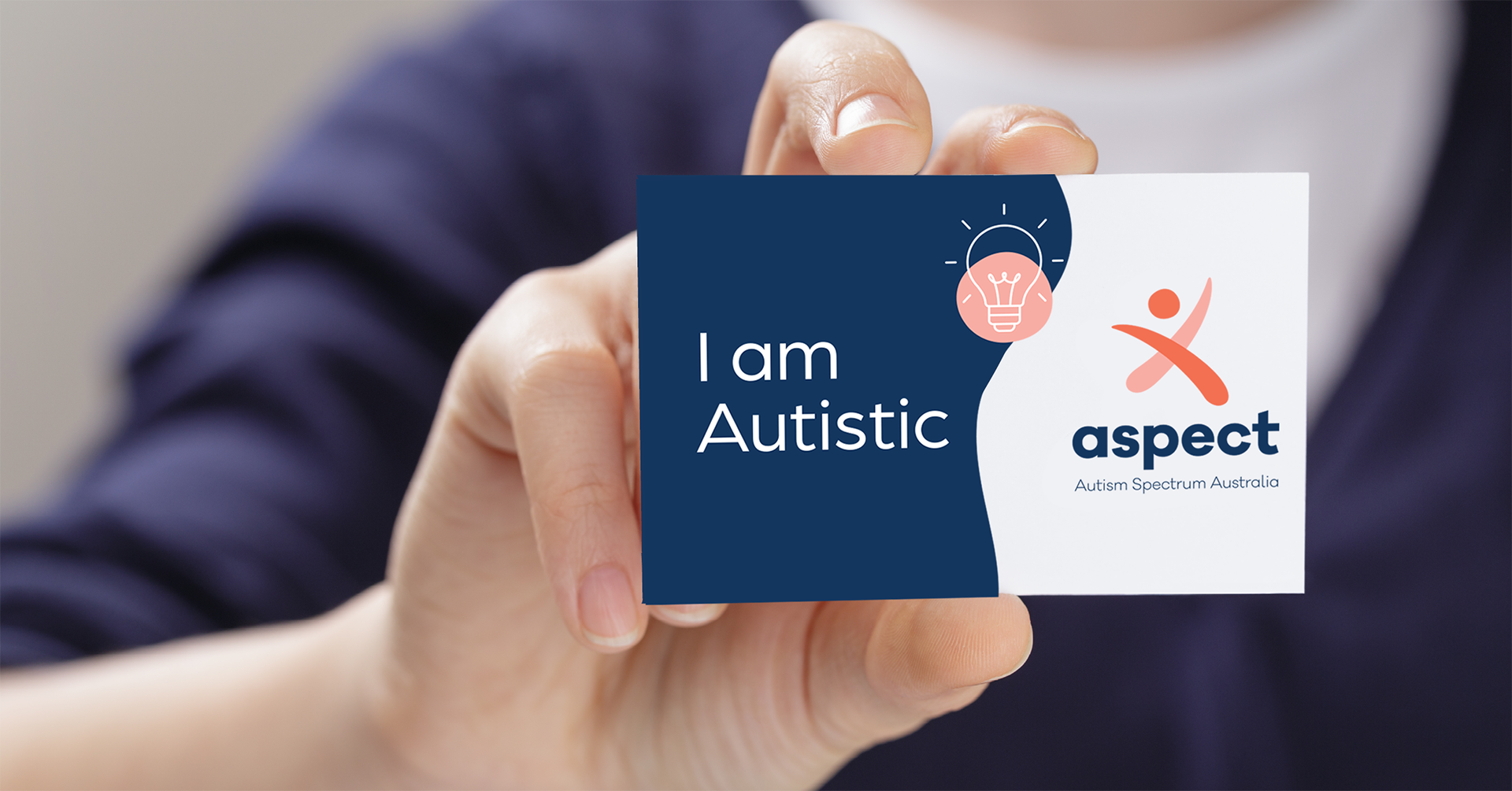
This research provided insights into the real-world use and impact of Autism Alert Cards, guiding enhancements to better support the Autistic individuals as they go about their everyday lives. Read more
Evaluating a self-guided resource for newly diagnosed Autistic adults
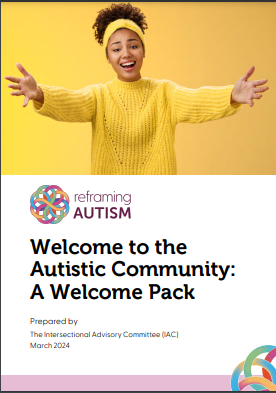
This study highlights the value of the Welcome Pack as a neurodiversity-affirming resource that supports newly diagnosed Autistic adults, by fostering self-understanding, promoting self-compassion and providing practical strategies. Read more
Exploring the post-school experiences and support requirements of Autistic students

This study highlights the importance of ongoing, targeted support for Autistic young adults before and after graduation to help them navigate post-school life more effectively. Read more
Improving understanding of early development profiles of later-diagnosed females

Studies exploring the very early development of Autistic females have largely been comprised of those diagnosed at a young age. Research findings from this study will contribute to an increased understanding of the early developmental profile and pathway to diagnosis for females diagnosed with autism later in life. Read more
Better measuring loneliness among Autistic adults

Before this study, there was no reliable tool specifically for measuring loneliness in Autistic adults. Our findings validate a new measurement tool that will help future research and support services better understand and assist Autistic adults struggling with loneliness. Read more
Learning to be self-compassionate

Self-compassion is being kind and gentle to ourselves. Our research found Autistic adults experience lower self-compassion than non-Autistic adults. ARCAP has developed the Aspect Self-compassion Program for Autistic Adults (ASPAA) to help Autistic people improve their self-compassion, emotion regulation and mental health. We conducted a pilot study involving 39 Autistic adults and found that after completing ASPAA the overall self-compassion of participants improved. A clinician version of ASPAA has also been developed for therapists and mental health workers to support Autistic clients on their self-compassion journey.
Making disclosure decisions
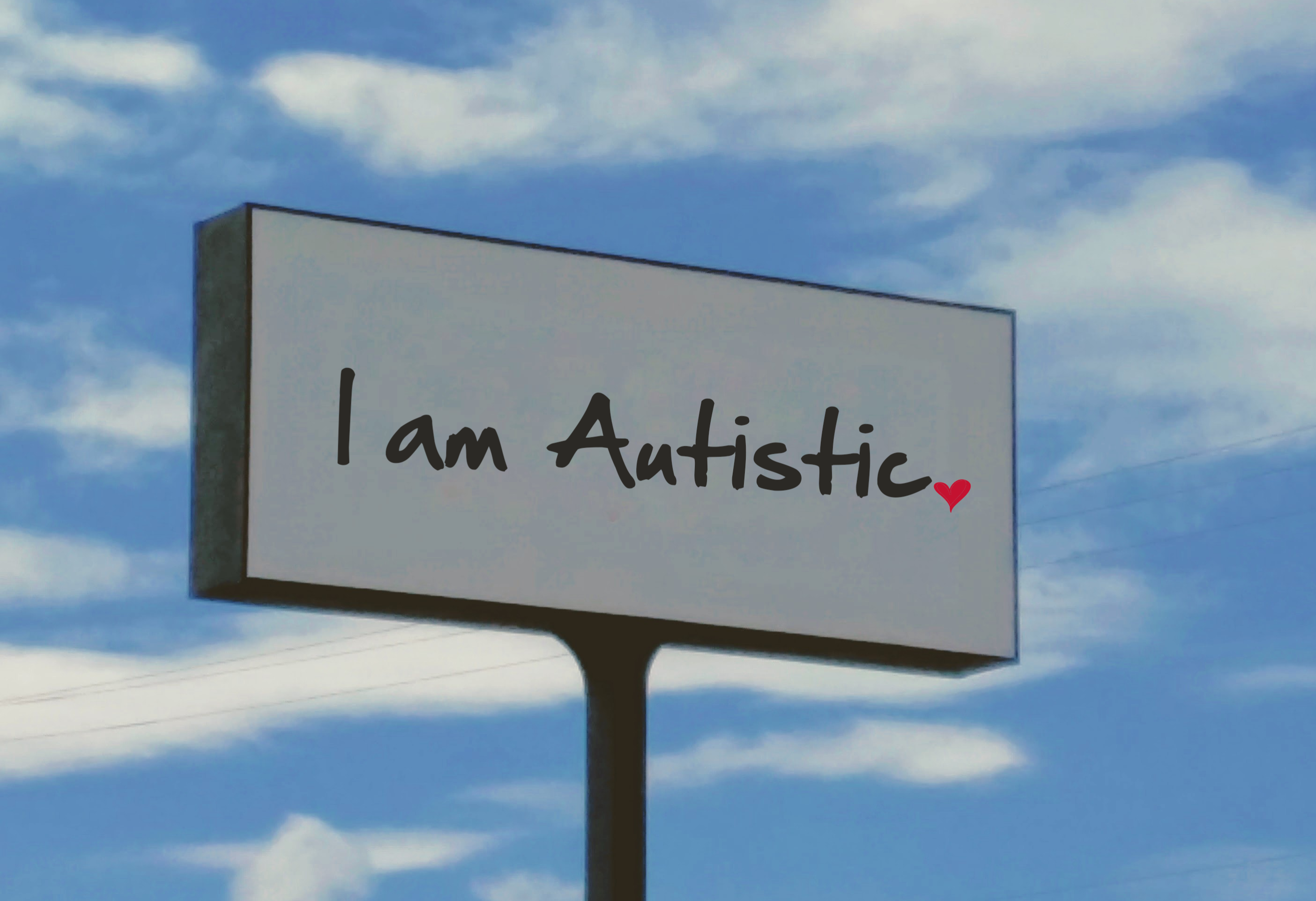
Deciding whether or not to tell someone you are Autistic is a complex decision. ARCAP’s world-first study investigated the real-time disclosure experiences of Autistic adults. We used this information to design guides to help Autistic people make informed decisions about whether or not to disclose. Read more
Identifying the research priorities of Autistic people

To ensure we provide the best opportunities for people on the autism spectrum, we asked Autistic people and their families about what matters most to them to have a good life, and the issues that may prevent them from having a good life. We identified eight research priorities that are being used to underpin ARCAP’s research agenda and ensure that our work is respectful and relevant to Autistic people. Read more
Improving accessibility to Positive Behaviour Support
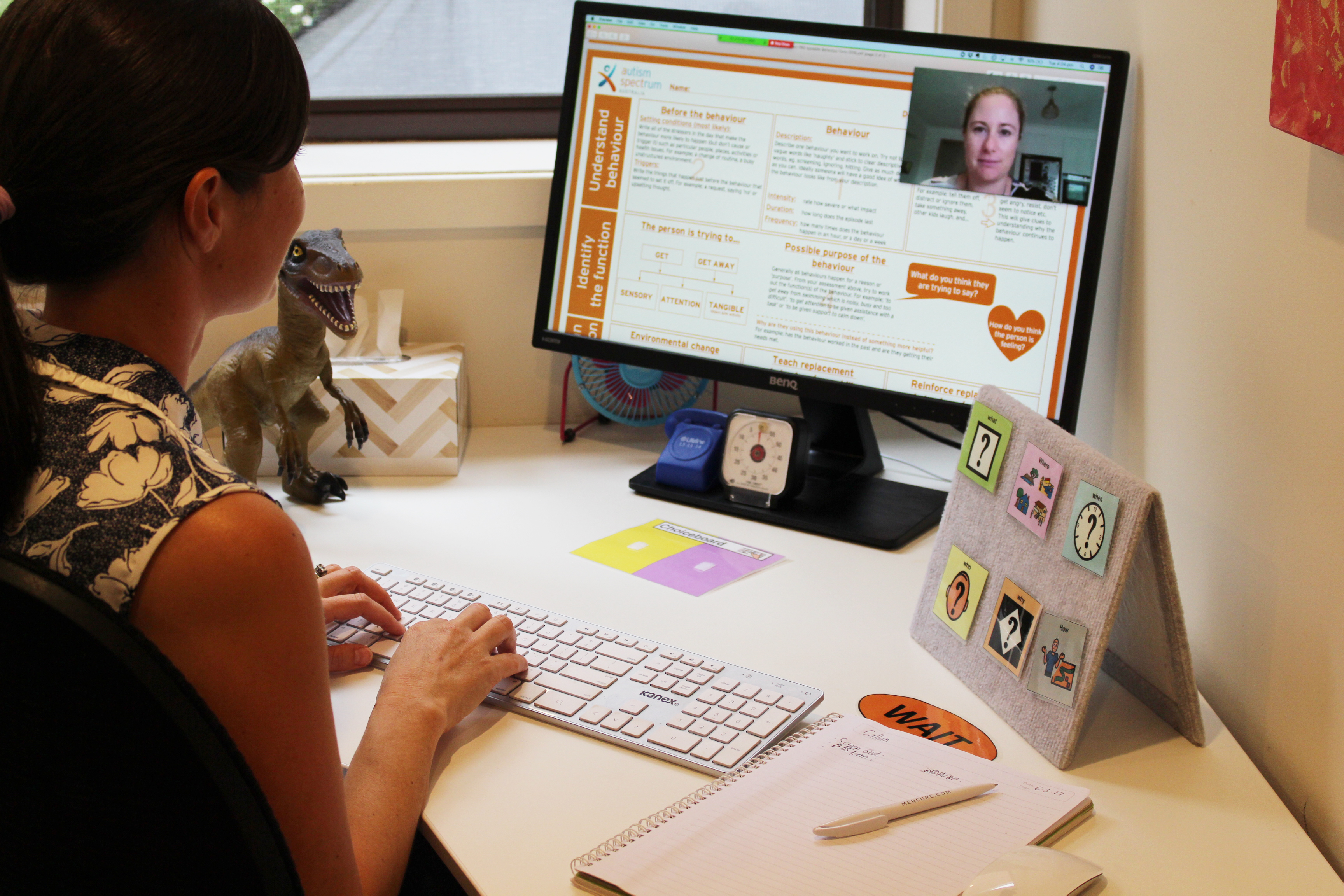
Positive Behaviour Support delivered using video conference technology or telepractice (tele-PBS) can support Autistic children in remote locations. Our research compares the experiences and outcomes of children using tele-PBS and face-to-face PBS. Findings from this study also informed the development of resources for behavioural therapist who deliver PBS via telepractice. Read more
Exploring independent living

Only one in six Autistic adults live independently– a rate lower than adults with other disabilities. Autistic adults told us that living independently is important to them, however they require support to develop daily living skills, choose the right place to live and manage the organisational requirements of living independently. Read more
Supporting development of strengths and talents

The strengths and abilities of Autistic students may be overlooked by teachers. This can hinder students during their school years and may affect their quality of life as adults. We asked Autistic adults who are also gifted and /or talented about what helped and hindered the development of their skills. This study will inform autism programs that focus on the inclusion of strengths. Read more
Identifying difficulties during the COVID-19 pandemic
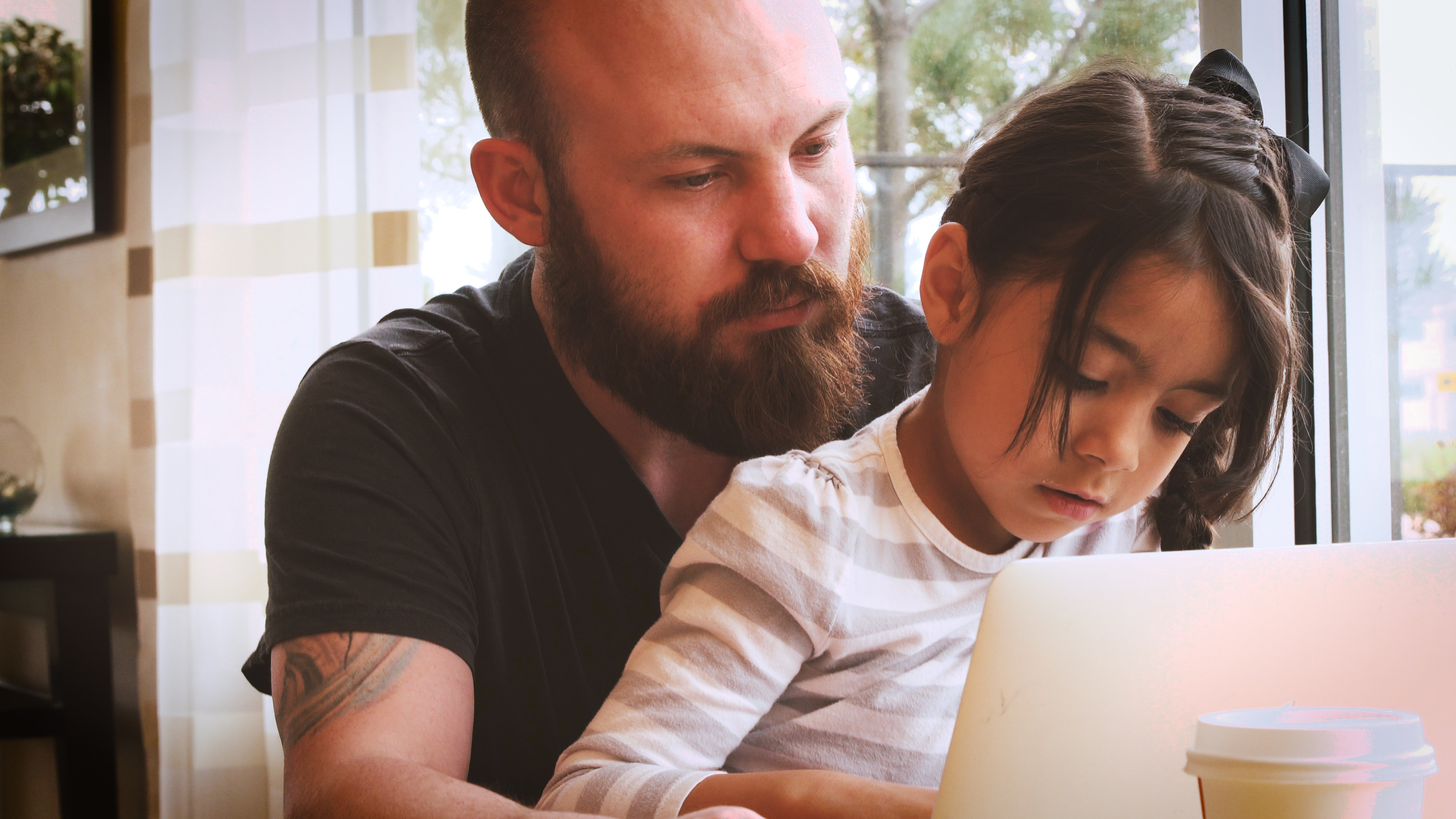
ARCAP joined an international collaboration of more than 60 researchers in a project to investigate how Autistic people, people with special needs and their families across the world coped with the COVID-19 pandemic. The findings helped build an evidence base of the needs of Autistic children and their families during crises. Read more
Measuring the effectiveness of telehealth assessments

In response to the COVID-19 pandemic, Aspect introduced an online telehealth delivery model to conduct diagnostic assessments for autism. The project provided information about the suitability of telehealth assessments from the perspectives of Aspect clinicians, Autistic adults and parents of Autistic children. Read more
Exploring lived experiences and creating a sense of belonging
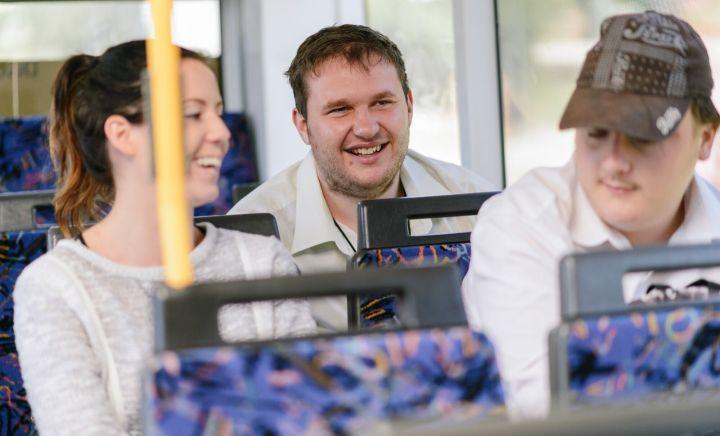
Understanding and giving voice to people on the autism spectrum about their everyday life experiences is key to Aspect’s work. These studies gave adults and adolescents on the autism spectrum an opportunity to have their say about the awareness, services and support they need to achieve their goals and aspirations, and have since informed the development of Aspect’s services. The project was extended with the publication of the book Shining a Light on the Autism Spectrum: Experiences and Aspirations of Adults. Read more
Therapy support workforce for rural communities
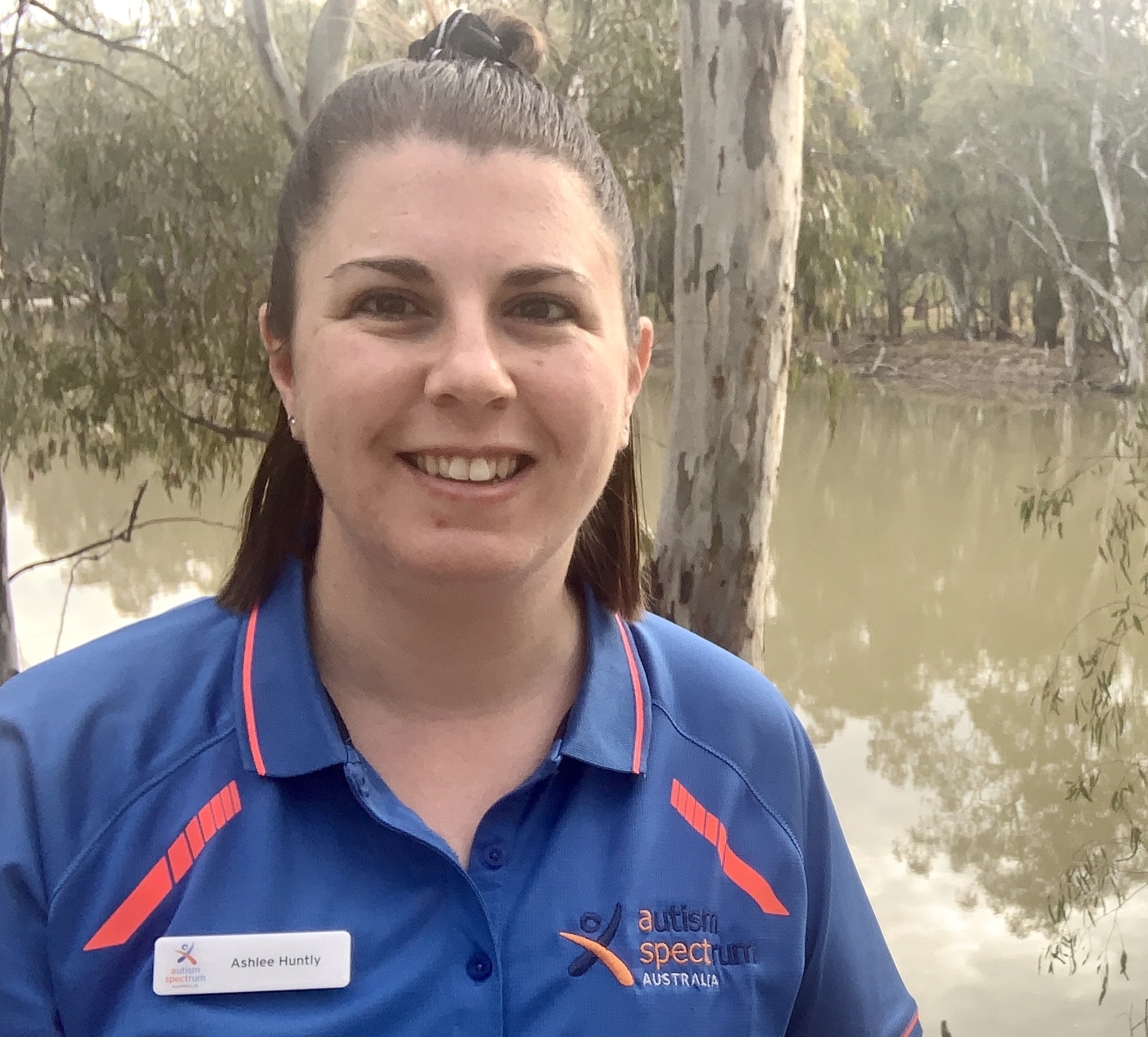
Allied Health Assistants (AHA) deliver therapy support – under the supervision of Allied Health Professionals – to regional, rural and remote communities via fly-in fly-out and tele-practice service models. We investigated a service model that allows AHAs to deliver efficient, sustainable therapy support to Autistic people and their families living in hard to reach locations. Read more
Investigating teletherapy

Autism services are very limited in rural and remote areas of Australia. We investigated whether teletherapy could be an effective way to provide support and professional development for therapists in hard to reach locations, and to deliver autism therapy services to children living in these locations. Read more
Engaging fathers using text messaging

This research study, led by Positive Partnerships, investigated if it is feasible and acceptable to engage fathers of children on the autism spectrum in a text-based intervention that is designed to reduce parenting stress, enhance parenting self-efficacy and enhance co-parenting competence. Positive Partnerships used the findings from this project to inform how we interact and engage with fathers. Read more
Stay in touch
Complete the form below to receive the latest autism practice research news: new studies, research updates, events and more.

